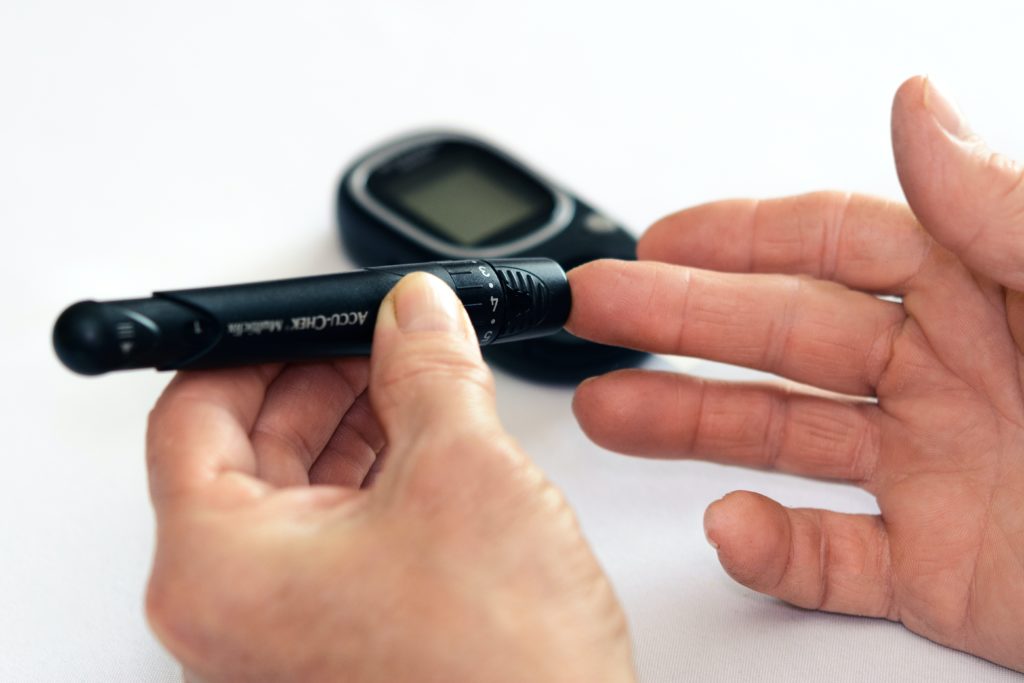What is Diabetes?
Diabetes is a chronic disease that affects a large number of individuals in the United States, with an estimated 26 million people living with the condition. Diabetes can lead to a range of serious complications, including heart attacks, strokes, blindness, kidney failure, and circulation problems.
Interestingly, research shows that approximately half of all diabetes patients also suffer from obstructive sleep apnea, a sleep disorder characterized by pauses in breathing during sleep. The link between diabetes and sleep apnea is significant, and studies have suggested that the two conditions are strongly associated with one another.

Diabetes and Sleep Apnea
Untreated sleep apnea can increase the risk of diabetes by 50% and is associated with insulin resistance, Metabolic Syndrome, and impaired glucose metabolism, even independent of diabetes. If you already have diabetes, untreated sleep apnea can lead to serious complications, including significantly increased insulin resistance that can make it challenging to manage blood sugar levels through diet, exercise, or medication. Both conditions independently pose a higher risk of death, but together they present an even greater, unacceptable risk for anyone.

50% of people with diabetes also have sleep apnea

Untreated sleep apnea is associated with increased insulin resistance in patients with diabetes



